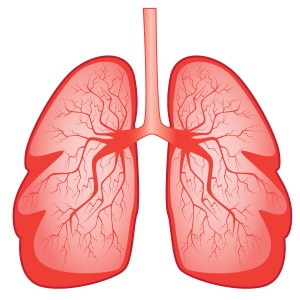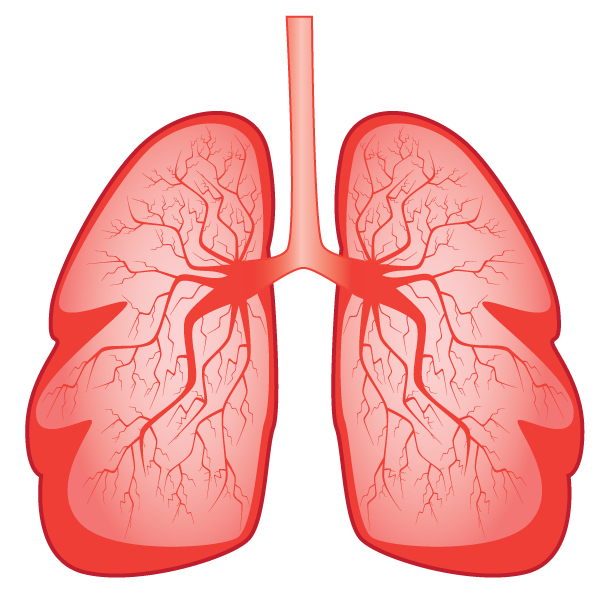 A novel study on a new immunological mechanism that protects against bacterial infections in the lungs, entitled “Interleukin-26 in Antibacterial Host Defense of Human Lungs: Effects on Neutrophil Mobilization” published in American Journal of Respiratory and Critical Care Medicine by Dr. Karlhans F Che, part of Prof. Anders Lindén from the Karolinska Institutet, Institute of Environmental Medicine, Stockholm, Sweden, and colleagues.
A novel study on a new immunological mechanism that protects against bacterial infections in the lungs, entitled “Interleukin-26 in Antibacterial Host Defense of Human Lungs: Effects on Neutrophil Mobilization” published in American Journal of Respiratory and Critical Care Medicine by Dr. Karlhans F Che, part of Prof. Anders Lindén from the Karolinska Institutet, Institute of Environmental Medicine, Stockholm, Sweden, and colleagues.
Patients with chronic lung diseases, such as chronic obstructive pulmonary disease (COPD), severe asthma, and cystic fibrosis have frequent bacterial infections in the lungs that can cause acute illness and a high mortality rate among these patients. The immunological mechanisms that induce sensitivity to lung bacterial infection in subjects with COPD, severe asthma, and cystic fibrosis is not well understood.
In the present study, the research team described a novel mechanism of anti-bacterial defense system in human lungs. The researchers found that interleukin-26, a messenger substance that exists only in higher mammals, and is normally expressed and released in high levels in the lungs of healthy individuals. When a subject is exposed to endotoxin, a bacterial component, in the respiratory tract, the lung macrophages, a type of leucocytes that are involved in the early response to pathogens, are activated and start to production high concentrations of interleukin-26. When interleukin-26 is released from the macrophages, it induces the recruitment and mobilization of neutrophils, the first leucocytes cells to migrate to an injured tissue. The recruitment mechanism is completed both directly and indirectly by receptors specific for IL-26 that are located on the surface neutrophils and the structural cells of the lungs.
[adrotate group=”3″]
“We have concluded that this mechanism is important for understanding antibacterial defense in the lungs of healthy individuals and how the immune defense system is activated when common respiratory infections or pneumonia occur,” said Prof. Anders Lindén in the Karolinska Institutet press release. “In the long run we hope that this knowledge will play an important role in helping us to understand how groups of patients with chronic lung diseases develop an increased sensitivity to bacterial infections, which could lead to the development of a new treatment for infections.”

